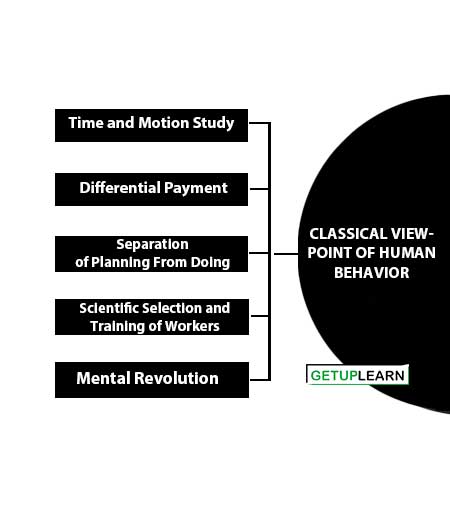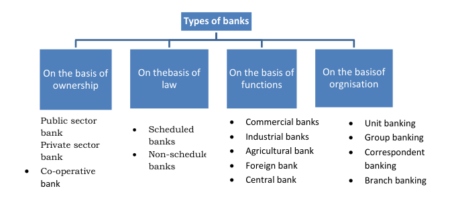The classical era comprises research that totally ignored the human aspect. Focus was more on organization and productivity. There are many other researchers who conducted studies during this phase and made significant contributions towards understanding and development of management.
Table of Contents
Classical Viewpoint of Human Behavior
Notable among these are Frederick Winslow Taylor, Frank and Lillian Gilbreth, and Henry Fayol. Frederick Winslow Taylor (1856-1915) is known as the father of scientific management. He was an engineer and worked at Midvale Steel, Simmons Rolling Machine, and Bethlehem Steel.
He conducted a series of experiments at these plants with the objective of bringing efficiency to production. He conducted a time and motion study and gave the following principles of scientific management:
- Time and Motion Study
- Differential Payment
- Separation of Planning From Doing
- Scientific Selection and Training of Workers
- Mental Revolution

Time and Motion Study
Taylor conducted a time and motion study where each motion involved in the job was timed using a stopwatch. Thus measuring the actual time taken to do the work and comparing it with standard time can give an idea of work efficiency. This had replaced the rule of thumb with science.
Differential Payment
Taylor believed that financial incentives are important for a worker. Taylor advocated the differential piece rate system and the related incentives with production.
According to this system, a worker received a low piece rate if he produced the standard number of pieces and a high rate if he produced above the set standard. Taylor believed that the attraction of a high piece rate would motivate the workers to increase production.
Separation of Planning From Doing
Taylor developed two new concepts:
- Separation of Planning and Doing
- Functional Foremanship.
During that time, all the workers used to plan their own work and decide the method of its execution. The job of the foreman was to tell the workers how to do the job.
Taylor stated that the planning should be done by supervisors and executed by workers. Each kind of work is distinct and involves different functions, therefore instructions must be given by the foreman in his field of specialization.
Scientific Selection and Training of Workers
Taylor said that scientific methods must be used for selecting workers. Mistakes committed at the time of selection may create big problems later on. The same must be followed for training the workers so that they can perform better.
Mental Revolution
Taylor believed that it is necessary to revolutionize the minds of both management and workers so that both get a feeling of ownership of the organization and work with the best efforts. This is required for the success of the organization.
They both would benefit if production increases, therefore, both sides must cooperate with each other, rather than having conflicts over work conditions and work. This would result in an increase in profits. Taylor felt that both, the management and labor, had a common interest in maximizing production.

